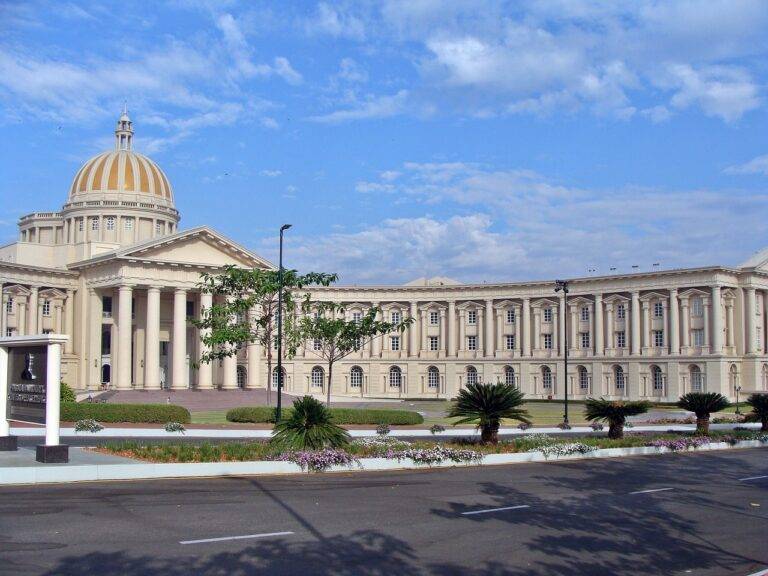The Influence of Social Media on Voter Engagement
Social media platforms have taken the digital world by storm in recent years. With the widespread availability of internet access and the ever-growing presence of smartphones, individuals can easily connect and engage with others through various social media channels. Platforms such as Facebook, Twitter, Instagram, and LinkedIn have become integral parts of people’s daily lives, offering a space for communication, sharing, and networking.
The rise of social media has not only changed how people interact on a personal level but has also significantly impacted businesses and organizations. Companies now have the opportunity to reach a wider audience through targeted advertising campaigns and engaging content. Social media has become a powerful tool for marketing and brand building, allowing businesses to connect with consumers in real-time and tailor their messaging to specific demographics.
The Impact of Social Media on Political Discourse
Social media has revolutionized the way political discourse unfolds in society. With the ability to reach millions in an instant, these platforms have become powerful tools for shaping public opinion and influencing political discussions. The speed at which information spreads on social media has made it challenging to regulate the accuracy and reliability of the content being shared.
Moreover, social media has also given a voice to marginalized groups and individuals who may have been overlooked in traditional media outlets. This newfound ability to amplify diverse perspectives has both positive and negative implications on political discourse. On one hand, it allows for greater inclusivity and representation, but on the other hand, it can also lead to the spread of misinformation and polarizing rhetoric.
The Role of Influencers in Voter Engagement
In the digital age, influencers have emerged as pivotal players in shaping voter engagement. By leveraging their substantial reach and credibility among diverse audiences, influencers have the ability to amplify political messages and mobilize citizens to participate in elections. The persuasive power of influencers lies in their capacity to connect with followers on a personal level, influencing attitudes and behaviors towards political issues and candidates.
Moreover, influencers have the unique capability to humanize the political process by translating complex policies and ideologies into relatable content that resonates with their followers. Through authentic storytelling and strategic messaging, influencers can bridge the gap between politicians and the general public, fostering a sense of connection and trust that is essential for voter engagement. As such, influencers play a crucial role in not only increasing voter turnout but also in nurturing a more informed and engaged electorate.





